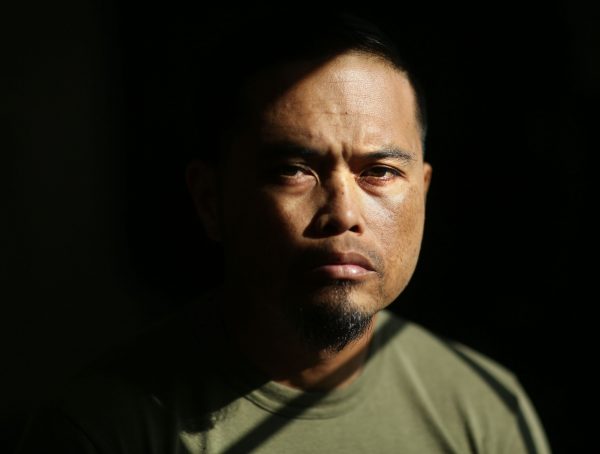
Reshma Kirpalani addresses the University of Mississippi’s journalism students during a Zoom interview
Reshma Kirpalani is a 12 times Lone Star Emmy award-winning journalist currently working for McClatchy.
Awards did not just fall into Kirpalani’s hands, as she did not even know she would end up being a video journalist. She graduated from The University of Miami with a degree in Communications. After working locally for a little bit, Kirpalani moved back home to South America. In her hometown of Paramaribo, Suriname, she began working for a non-profit and taking her shot at photography. Shortly after, she returned to America and attended graduate school at The University of Texas at Austin. That is where her passion for photojournalism really took off.
“It wasn’t a straight path,” Kirpalani said. “I feel very grateful that I stumbled into this line of work.”
While success was not a one-lane highway, Kirpalani mentioned some tips on how she made it to where she is now.
“I did every internship I could,” Kirpalani said. “I was basically a professional intern for a while.”
Kirpalani spent a year jobless, but that did not stop her from doing what she loves.
“Even when I didn’t have a job or someone paying me to do it, I still went out and took photographs,” Kirpalani said. “Don’t wait for something to give you an assignment.”
Kirpalani shared key tips to be better storytellers, including working on daily stories, having multiple drafts, and making sure to keep the line between intruding and doing your job as a reporter.
“Doing daily stories help get me to the point where now I can do longer pieces,” Kirpalani said. “It really pushes you to improve your skillset a lot. You can learn a lot by having to shoot, edit and produce one piece a day or a week.”
Drafts are essential the speaker noted and that sometimes your first draft may just not work, you may have to go in a completely different direction.
“I’m known as a drafter, I produce millions of drafts,” Kirpalani said.
Other than working on daily stories and drafts, Kirpalani expressed much emphasis on having people talk to you for an interview without intruding on their lives.
Pre-interviews are high on Kirpalani’s to-do list as she begins a story. That first conversation over the phone where you as the reporter are transparent and upfront with a potential interviewee is critical to how the interview may go. It is important to let the interviewee know that you are a human and not just a reporter behind a camera trying to get a story due by the deadline.
You can show up to an interview with questions but the interviewee may take it in a whole different direction. Kirpalani explained that it is just best to show up and honor the person’s story. Once people read from you that you are genuinely there to hear their story, the gates open and it works from there.
“Being a really good listener is half the battle,” Kirpalani concluded.






